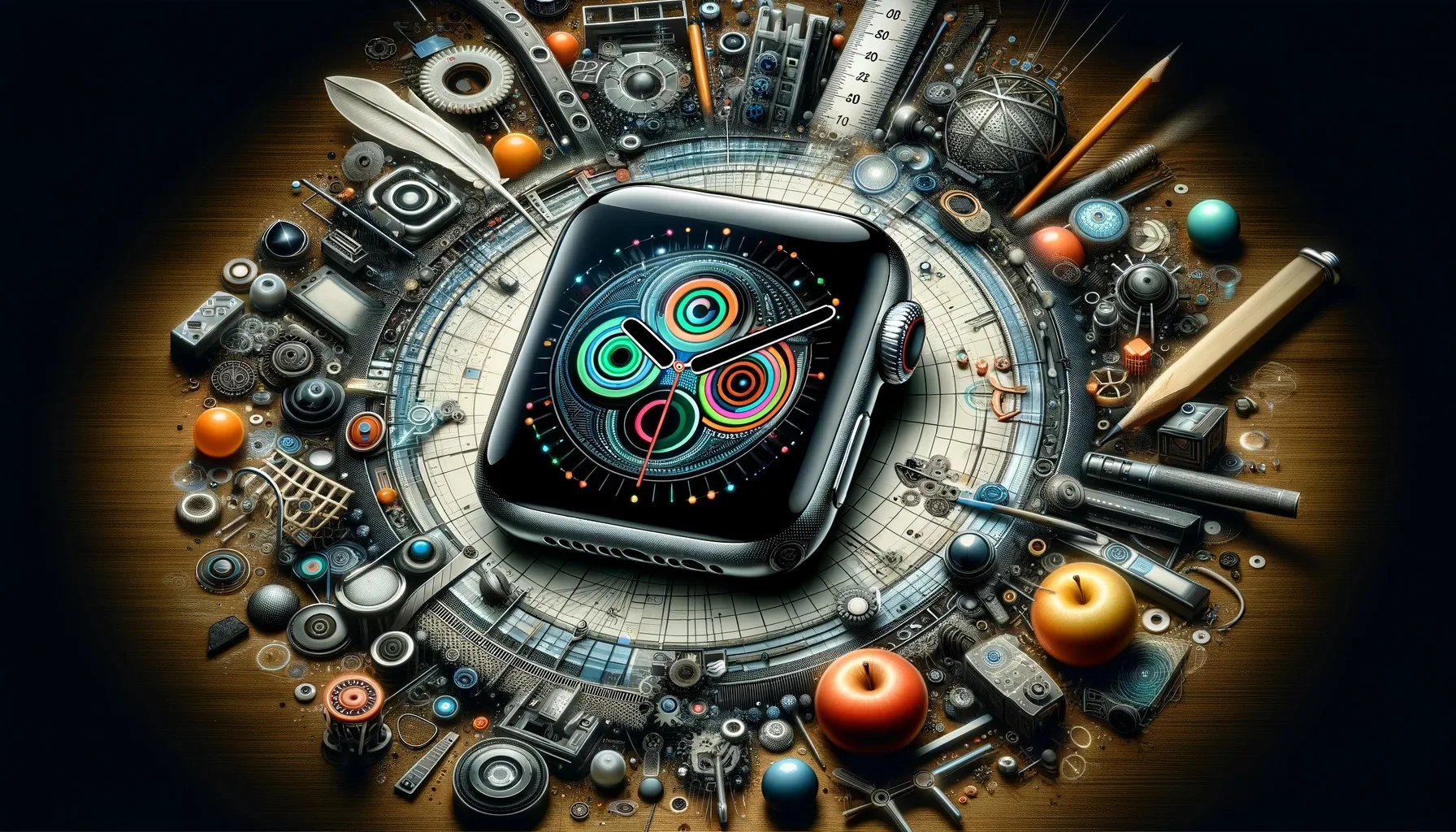Table of Contents
Are you planning to buy a new watch, but you don’t know what is the difference between quartz watches and mechanical watches? No worries, this practical guide is here to answer all your questions and help you make the right choice.
Mechanical watches: a traditional and attractive know-how
With origins dating back to the 17th century, mechanical watches bear witness to an ancient and fascinating watchmaking art. They work thanks to a complex set of cogs and springs, which allow time to be measured with precision.
The mechanical movement: how does it work?

The heart of a mechanical watch is its movement, which mainly consists of a mainspring and an escapement. The spring is compressed during manual winding of the watch, then it gradually relaxes to release the energy necessary for the movement of the hands. As for the escapement, it regulates this energy by transforming it into pulses, the frequency of which determines the speed of rotation of the hands.
The different categories of mechanical watches
- Manual watches: These are the models requiring regular manual winding, generally every 1 to 3 days. To do this, simply turn the crown located on the side of the case.
- Automatic watches: These watches are wound by the movements of your wrist, which activate an internal rotor which automatically winds the mainspring. They therefore do not require manual intervention to operate.
Quartz watches: modern and precise technology
Invented in the 1960s, quartz watches revolutionized the watch industry by offering precision and reliability unmatched by mechanical watches. Their mechanisms are much simpler, which also makes them cheaper to produce and maintain.
The quartz movement: how does it work?
Quartz watches work thanks to the vibration of a small quartz crystal, the frequency of which is very stable and precise. This vibration is converted into electrical impulses, which are then used to advance the needles. The energy needed comes from a pilewhich you will need to replace approximately every 2 years.
Advantages and disadvantages of mechanical and quartz watches
To choose between a mechanical watch and a quartz watch, several criteria must be taken into account, such as precision, durability, aesthetics and budget.
Accuracy
Quartz watches are generally more accurate than mechanical watches. Indeed, the vibration frequency of the quartz crystal is much less sensitive to temperature variations or shocks than that of a mechanical escapement. Moreover, mechanical watches require regular maintenance to maintain their accuracy, while quartz watches require little attention from this point of view.
Sustainability
In terms of durability, mechanical watches have the advantage, because they do not use a battery and can therefore operate indefinitely with proper maintenance. However, they are also more sensitive to shocks and humidity, which can reduce their longevity if not properly maintained.
Aesthetic
Aesthetics is a subjective criterion, but it is undeniable that mechanical watches possess a special charm thanks to their complexity and traditional craftsmanship. They are often perceived as luxury and collectible items, while quartz watches are generally more sober and functional.
Budget
Finally, the budget is an important factor to consider. Mechanical watches are generally more expensive to purchase and maintain than quartz watches. However, they can also be considered investments, as their value can increase over time.
Conclusion: which watch to choose?
Ultimately, the choice between a mechanical watch and a quartz watch will come down to your priorities and personal taste. If you are looking for precision and ease of maintenance, opt for a quartz watch.
If you prefer the charm and tradition of mechanical watches, don’t hesitate to invest in a manual or automatic model. Anyway, a beautiful watch will always make an excellent life companion!






